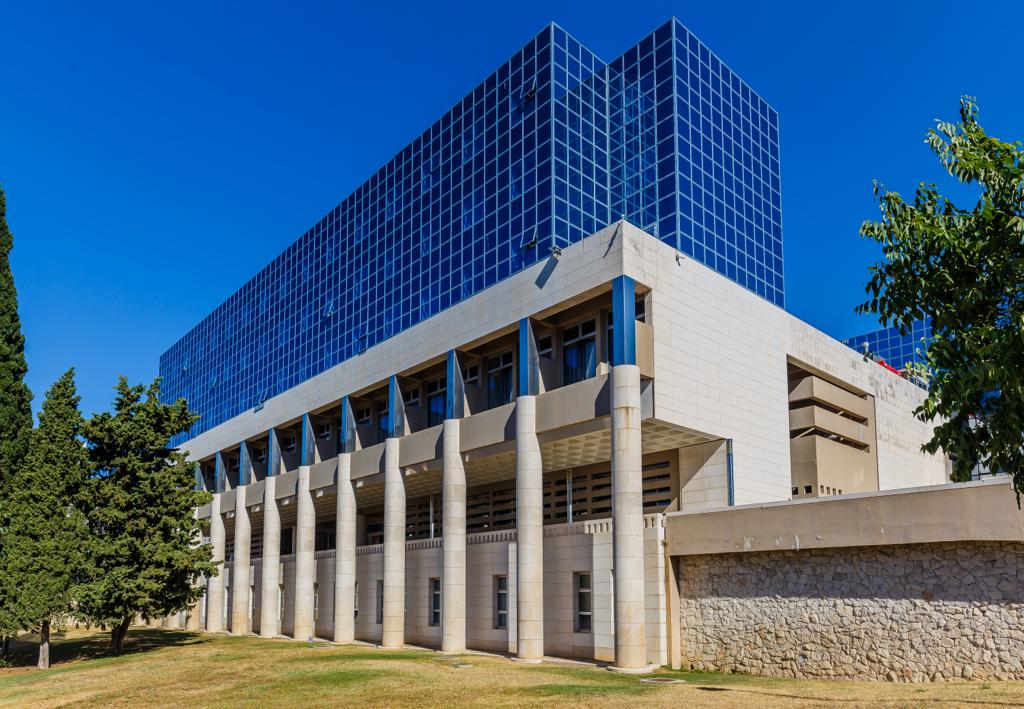OUR STORY
The idea of the Conference was born in the early 1990s. At the time, the transition was a broad and widely used term, connected with many different fields and processes in modern society and the economy. Changes in the environment of the modern enterprise are so fast and profound that it is exposed to permanent growth and is under constant pressure to change itself, to adjust its means, technology, products and production assortment, human resources, organizational structure, etc. in order to survive and operate successfully. Therefore, it may be said that the modern enterprise is in permanent transition regardless of its size and the part of the globe in which it operates.
The period from the 1980s to 1990s has established a new category: "countries in transition". Even though some developing countries (such as Turkey, India, and Egypt) will claim that they have been "in transition" for several decades, and many developed countries will point out their periods and processes of transition, the term "countries in transition" is applied to a very distinct category of countries: former communist countries from the Central and Eastern Europe and the former Soviet Union. Comprehensive changes that these countries have been undergoing and reforms they have been undertaking since the late 1980s cannot be, by their width and magnitude, compared with any other country or group of countries.
Enterprises in transition countries are experiencing deep and manifold processes of transition: ownership, organizational, legal, structural, etc. The scope and complexity of those changes are probably equal to those transformations at the society (macro) level.
Precisely intending to animate the scientific analysis and the research of the processes in the modern enterprise that can be encompassed by the term "transition," the Faculty of Economics, Business, and Tourism of the University in Split has started an international conference on "Enterprise in Transition". The aims of the Conference were:
To highlight the general features of current transition processes in the economies of former socialist countries;
To analyze the changes going on in a modern enterprise with special regard to the enterprises in the "countries in transition";
To analyze the transition processes in Croatian enterprises and to identify optimal patterns;
To suggest reconciliation models for potential contradictions between transition processes in Croatia and abroad.
As we have surpassed the initial idea of the Conference and have changed its name from "Enterprise in Transition" to “Challenges of Europe”, today more than ever before, a Conference of this kind is necessary to carry on a dialogue between scientists and practitioners in the quest for solving burning economic issues.

The global economy is troubled by a slow and weak recovery. It faces a number of significant and interrelated challenges that could hamper a genuine upturn after an economic crisis half a decade long in much of the world, especially in the most advanced economies.
Given the complexity and urgency of the situation, European countries are struggling to find ways to cooperate and manage the current economic challenges while preparing their economies to perform well in an increasingly difficult and unpredictable global landscape. Amid the short-term crisis management, it remains critical for countries to establish the fundamentals that underpin innovation processes, economic growth, and development in the longer term. Moreover, many determinants that drive productivity and competitiveness and lead to an understanding of the factors behind this process, have occupied the minds of economists for hundreds of years.
As a result, the goal of this year’s Conference is to study the new design for the next generation in the modern challenging economic environment. Moreover, in today’s world, companies are not only challenged to run their business profitably but are required to contribute to society and the general well-being.
Therefore, we hope to provide the latest research on growth and development, business competitiveness, digital and green solutions, that will contribute to the strategies and policies to help countries, cities, and regions to overcome the obstacles in the current economic and political environment, with a special focus on Croatia and the EU economy. By presenting your work we hope that you will seize the opportunity to share your knowledge and discuss these interesting topics in an open-minded scientific environment with our distinguished speakers as well as to take advantage of networking opportunities and establish research collaboration with colleagues from all around the world.

